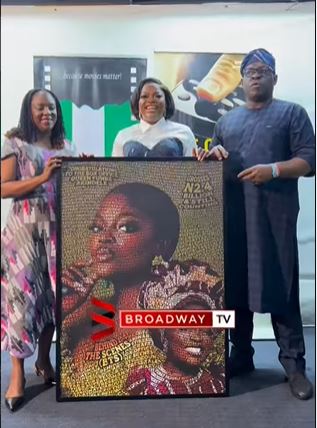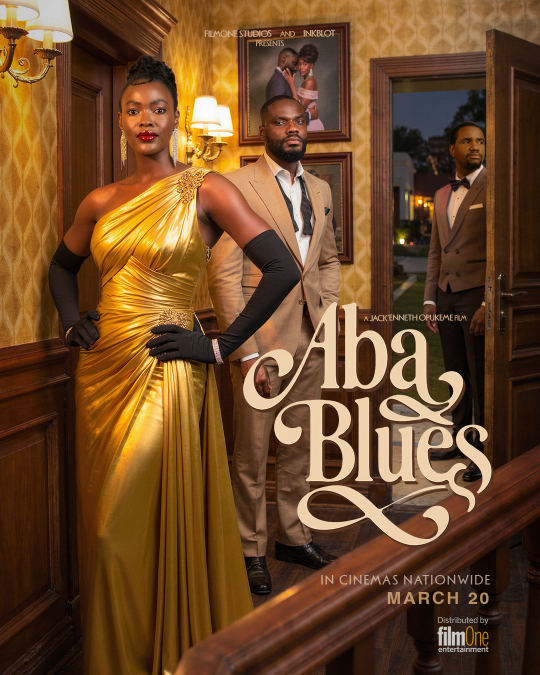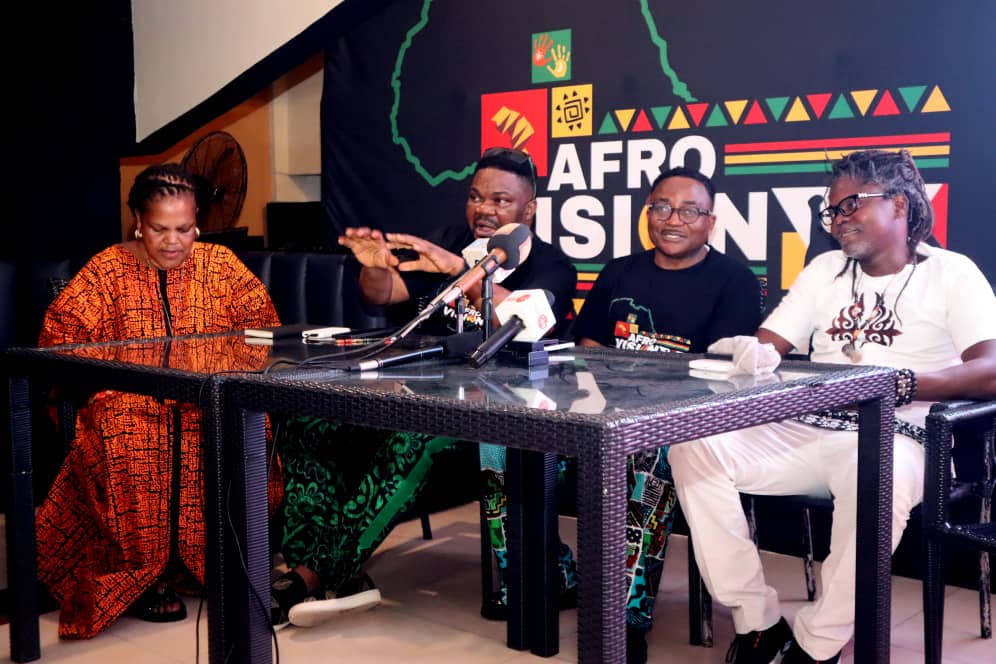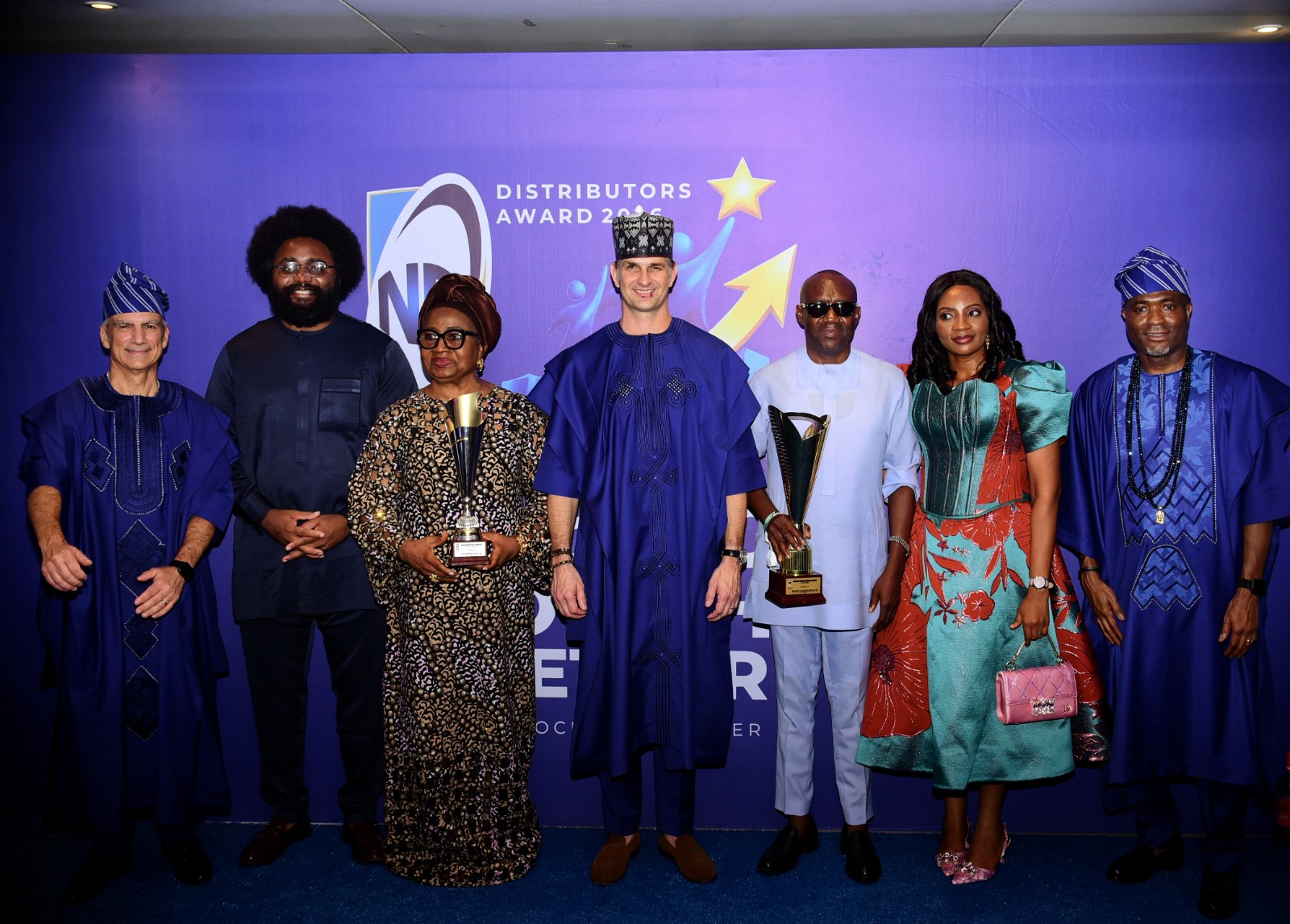The Power of Change: How TV Evolution Empowers Everyone

The television sector is at an exciting stage of development. Its evolution has accelerated – particularly over the past decade – and, most importantly, it has empowered all stakeholders.
While discussing consumer preferences and expectations, Dr. Busola Tejumola, Executive Head of Content & Channels, West Africa at MultiChoice, explained that today’s audiences are shaping the content they consume. Audiences now actively seek out their preferred content, from music to shows, contributing to the proliferation of platforms available to them.
Content Democracy
Traditional media offers tightly scheduled content, but online platforms, streaming services, and over-the-top (OTT) platforms have democratized content, allowing users to curate their viewing experiences based on personal tastes.
Over the years, we’ve adjusted or removed content based on data indicating it was no longer resonating with viewers. That is the power of the audience!
Broadcasters and production houses must be agile, adapting their offerings in real time to meet the audience’s evolving tastes. In West Africa, Big Brother Naija exemplifies this, using live polls and surveys to gauge sentiment, which then directly influences the storyline.
Just as audiences are changing, so are filmmakers. New technologies now give filmmakers a wide array of platforms to share their stories, compared to the limited options of the past, such as pay TV.
Today, filmmakers are no longer limited to a single broadcaster; technology is empowering producers to own and distribute their content.
When it comes to monetizing content, blockchain technology offers a new way to track and authenticate usage, helping young producers secure the royalties they deserve. This is particularly relevant as AI continues to scrape and reuse online content without consent.
Atinuke Ngozi Babatunde, Director of MultiChoice Talent Factory (MTF) West Africa, emphasized the role of technology and intellectual property in shaping the future of TV:
“At MTF, we incorporate courses on law, filmmaking ethics, ethical AI use, and protecting the rights of all film stakeholders. As online spaces evolve, issues like rights, ownership, and piracy are only becoming more critical.
Our curriculum constantly adapts to reflect new trends,” she added. “We cover animation, virtual reality, and augmented reality as these technologies become more central to the television industry.”
Emerging Trends
A major trend over the past 10 years is the miniaturization and affordability of equipment. Now, a creator can produce high-quality content using just a smartphone. This removes yet another barrier to entry for aspiring filmmakers.
A lack of budget or equipment is no longer an excuse – if you have a decent phone, there’s little stopping you from telling your story. MTF’s “Low Budget/No Budget” course equips young filmmakers with frugal innovation skills, which have long been a hallmark of African creativity.
Drone technology has also become more affordable, with some students purchasing camera drones as an income stream. Drones add depth to film production and have become mainstream tools for filmmakers.
Another significant shift in the last decade is Africa’s emergence on the global film stage. Films are being made in Africa not only by African filmmakers but also by filmmakers from industrialized nations and the African diaspora.
Collaboration and skills exchange play a role here. Recently, I participated in an event organized by the U.S. Consulate in Nigeria, where Nigerian filmmakers and musicians explored the importance of building a global African creative community.
Storytelling in Our DNA
Storytelling is deeply ingrained in African culture, forming the foundation of MTF’s approach to filmmaking.
Our courses situate African filmmaking within this rich storytelling tradition. This foundation drives the hyper-local content on channels like Africa Magic, where many of our graduates work, telling authentic African stories for a dedicated audience.
Through this technological evolution, all stakeholders in the television sector now have a say in its trajectory. Filmmakers, students, audiences, and broadcasters are all contributing to how content is created and consumed – often in real-time, collaborative settings.
Together, we are shaping the future of African filmmaking.

















